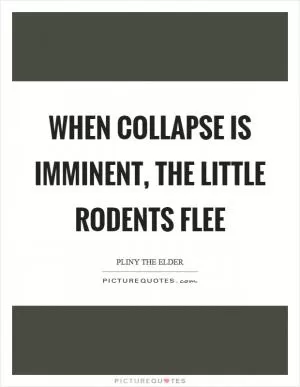The happier the moment the shorter

The happier the moment the shorter
Pliny the Elder, a Roman author, naturalist, and philosopher, is known for his extensive writings on a wide range of topics, including history, science, and philosophy. One of his most famous quotes is "The happier the moment, the shorter." This quote reflects Pliny's belief that moments of joy and happiness are fleeting and ephemeral, while moments of sadness and suffering seem to drag on endlessly.Pliny's observation about the transience of happiness is a common theme in philosophy and literature. Many philosophers and writers have explored the idea that happiness is fleeting and impermanent, while suffering and pain seem to linger and endure. This idea is often expressed in the concept of the "hedonic treadmill," which suggests that people are constantly seeking happiness and pleasure, but that these feelings are ultimately temporary and do not bring lasting satisfaction.
Pliny's quote can be interpreted in a number of ways. On one level, it may simply be a reflection of the human experience, in which moments of joy and happiness are often brief and fleeting, while moments of sadness and suffering can seem to stretch on indefinitely. This idea is echoed in the famous saying, "Time flies when you're having fun," which suggests that moments of happiness seem to pass quickly, while moments of boredom or unhappiness drag on.
On a deeper level, Pliny's quote may also be seen as a commentary on the nature of happiness itself. In the Stoic tradition, which Pliny was influenced by, happiness is often seen as a state of mind that is not dependent on external circumstances. According to this view, true happiness comes from within and is not contingent on external events or experiences. From this perspective, the fleeting nature of happiness may be seen as a reminder that true happiness is not found in external pleasures or material possessions, but in cultivating inner peace and contentment.
Overall, Pliny's quote "The happier the moment, the shorter" is a thought-provoking reflection on the nature of happiness and the human experience. It serves as a reminder that moments of joy and happiness are fleeting, and that true happiness comes from within.












 Friendship Quotes
Friendship Quotes Love Quotes
Love Quotes Life Quotes
Life Quotes Funny Quotes
Funny Quotes Motivational Quotes
Motivational Quotes Inspirational Quotes
Inspirational Quotes